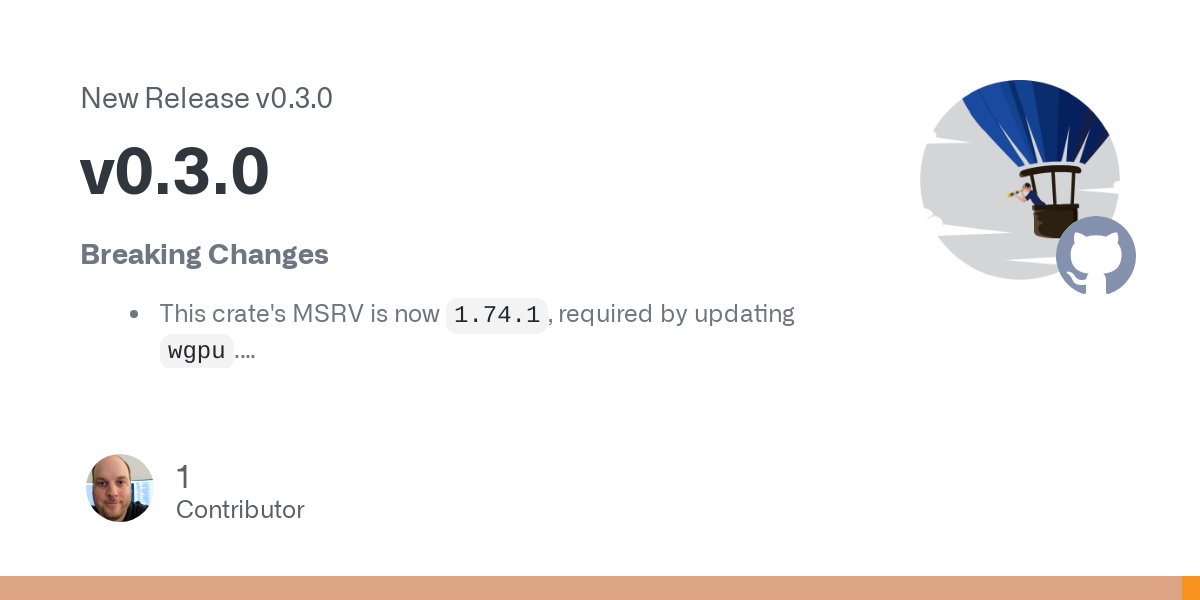

how does that help when I’m searching a non-Rust project via the GitHub web search interface
Fair.
But you are writing a comment under a topic regarding a Rust-flavored IDE, posted to a Rust community.
With neither the IDE nor Rust involved, your quoted problem statement is 100% off-topic.




% pkg-config --cflags dbus-1 -I/usr/include/dbus-1.0 -I/usr/lib/dbus-1.0/include % pkg-config --libs dbus-1 -ldbus-1gcc main.c `pkg-config --cflags --libs dbus-1`You don’t need to link against the library yet, but you will.
Linking might become a separate step when you have multiple files, not just main.